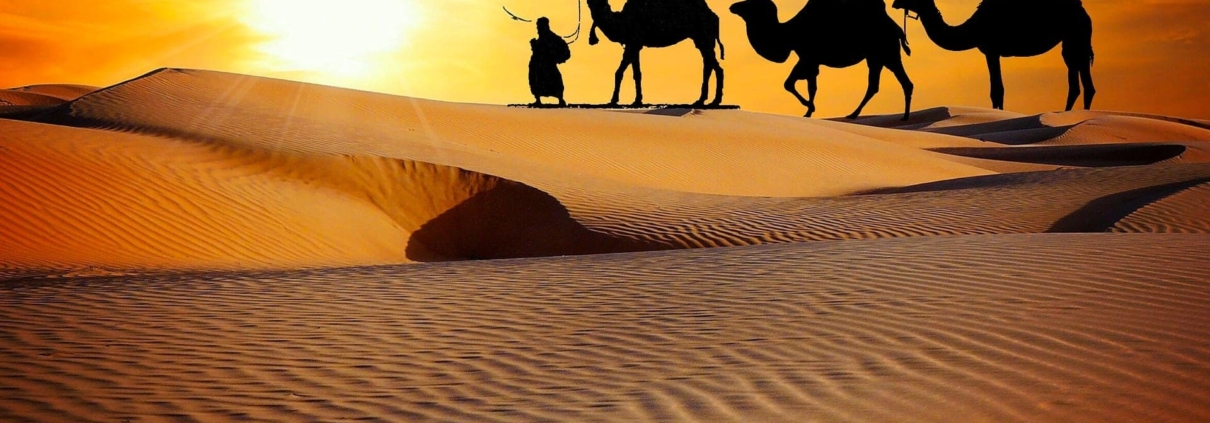Nasheed Hub: Qasida Burda Part 5–On His Miracles
The Nasheed Hub, an initiative of SeekersHub Global, aims to showcase the traditional Islamic art of nasheed, or Islamic devotional songs.
Qasida Burda, Chapter 5
After looking at the specific miracles manifested at the birth of the Messenger of Allah, Imam al-Buṣayrī now discusses how his beloved was honoured with many other miracles. From trees uprooting themselves and walking to him at his beck and call, to pigeons and arachnids cloaking his presence from his enemies. Each was a sign of his truthfulness. A sign that he truly was a messenger sent by Allah.
This was evidently manifest throughout his life. Even his dreams were revelation, because his heart was ever-conscious. All of this was a gift from his Loving Lord, because prophecy is always a gift from Him; and those who are granted it are never miserly with the knowledge they are given. They are kind to people as Allah has been kind to them.
Click the image below to scroll.
[pdf-embedder url=”https://seekersguidance.org/wp-content/uploads/2018/09/Chapter-5.pdf” title=”Chapter 5″]
About Nasheed Hub
Throughout the decades and civilisations of Islam, the vocal tradition, sometimes known as nasheed or devotional songs, were penned as a way of celebrating and giving thanks to Allah for the message of Islam, as well as for the Messenger himself.
These nasheeds were a way for people to turn towards their Lord in joyful celebration, rather than stringent routine. They were also tools to spread the message of Islam in a non-confrontational way. These nasheeds were able to reach out to those who were alienated or indifferent to the religion and the Muslim community, as well as to teach children who were too young for academic study.
These nasheeds originating from all corners of the Muslim world – from West Africa to Malaysia, from Turkey to Great Britian – mirror their own culture but all carry a common thread: love of Allah and His Messenger.
This series will explore the different nasheeds, penned by some of the great historical Muslim figures, poets, and scholars.
With gratitude to The Winterspring Mawlid and Dr. Asim Yusuf.
